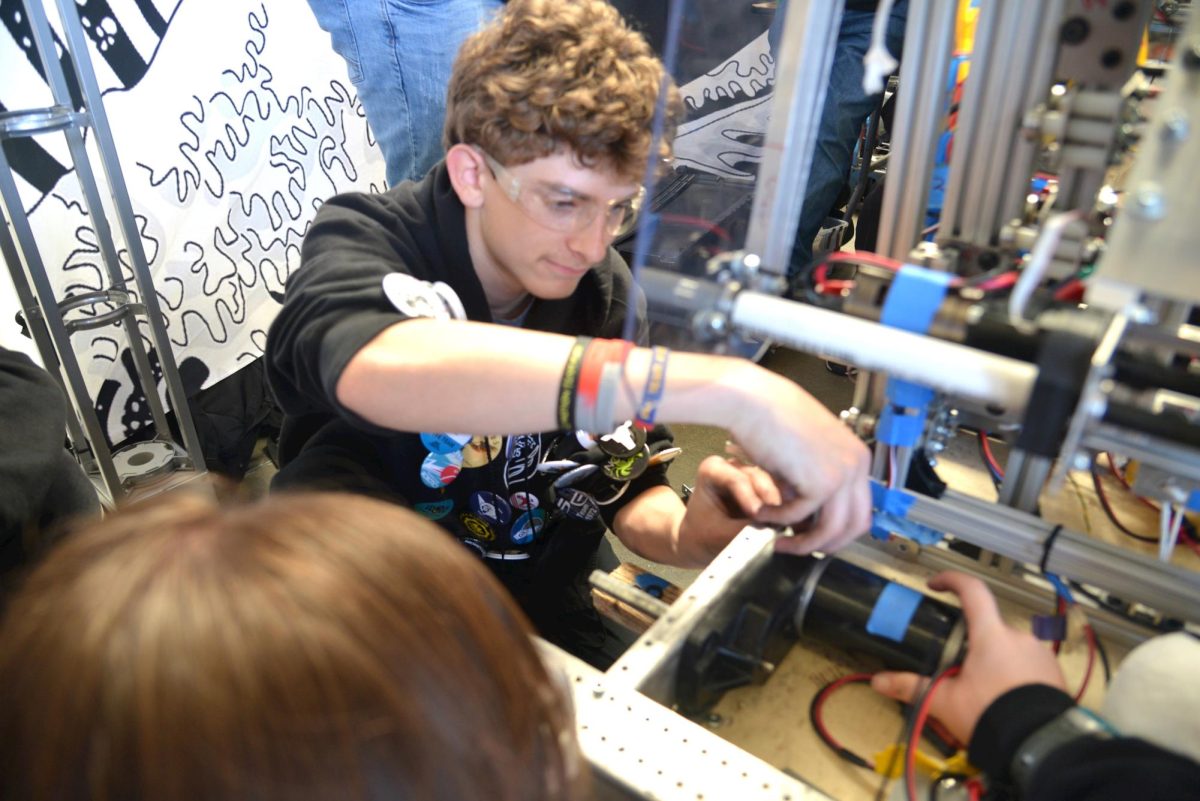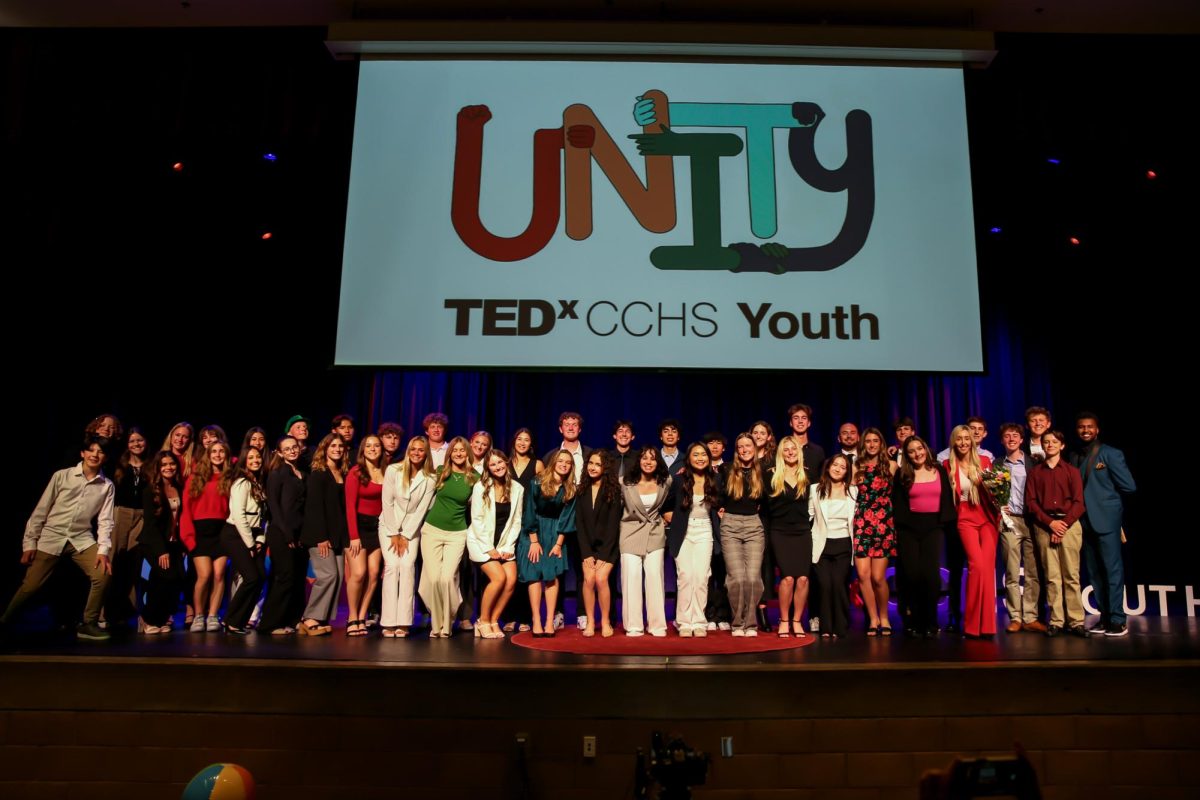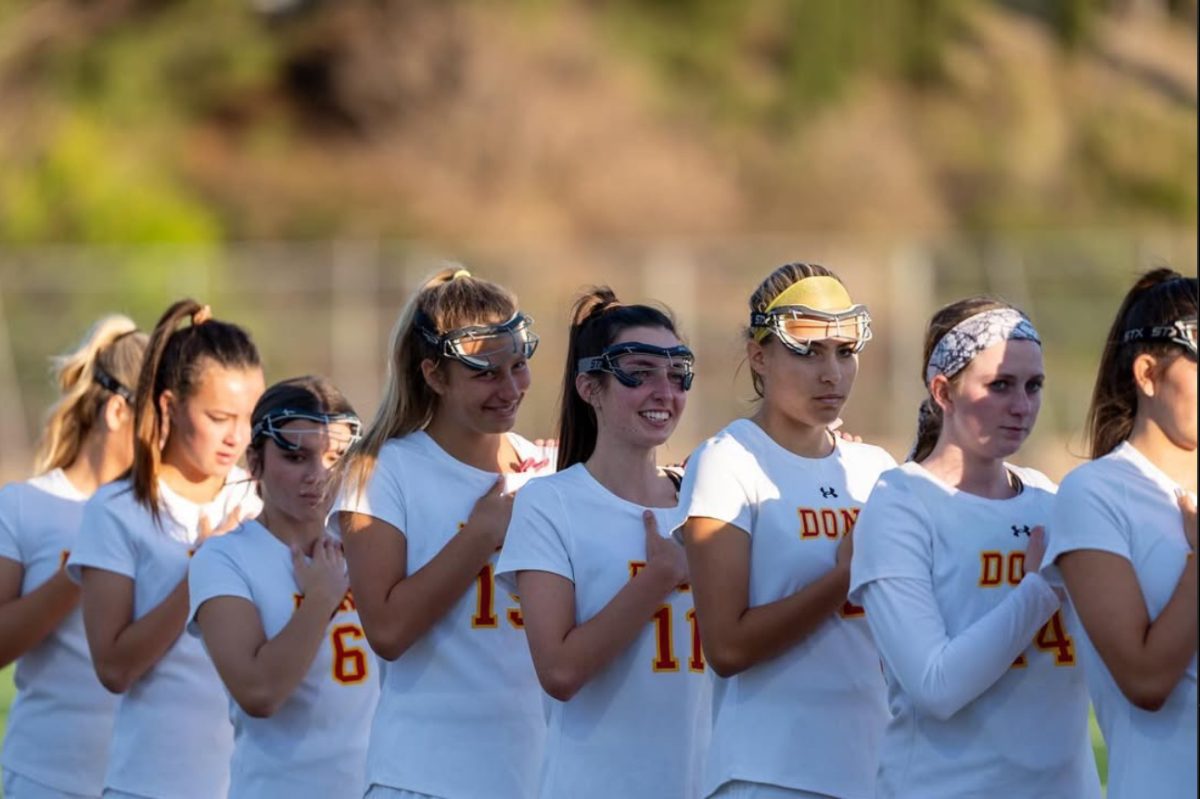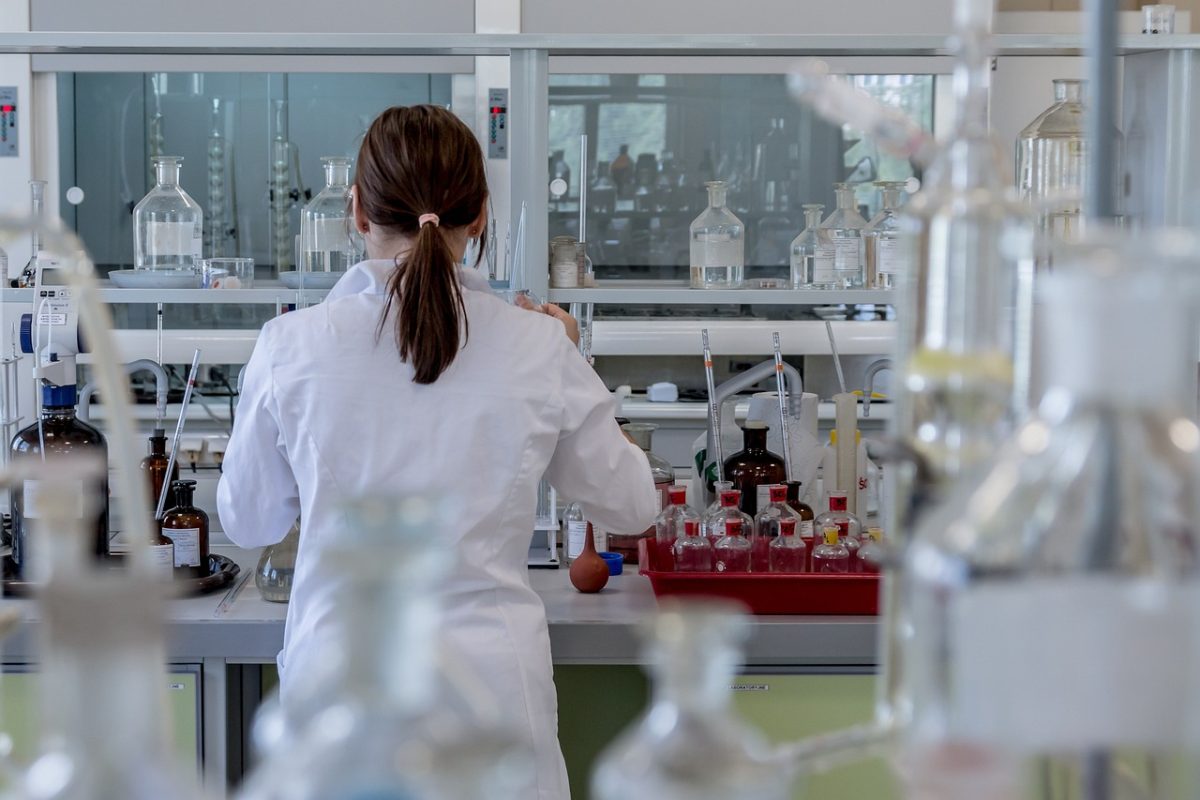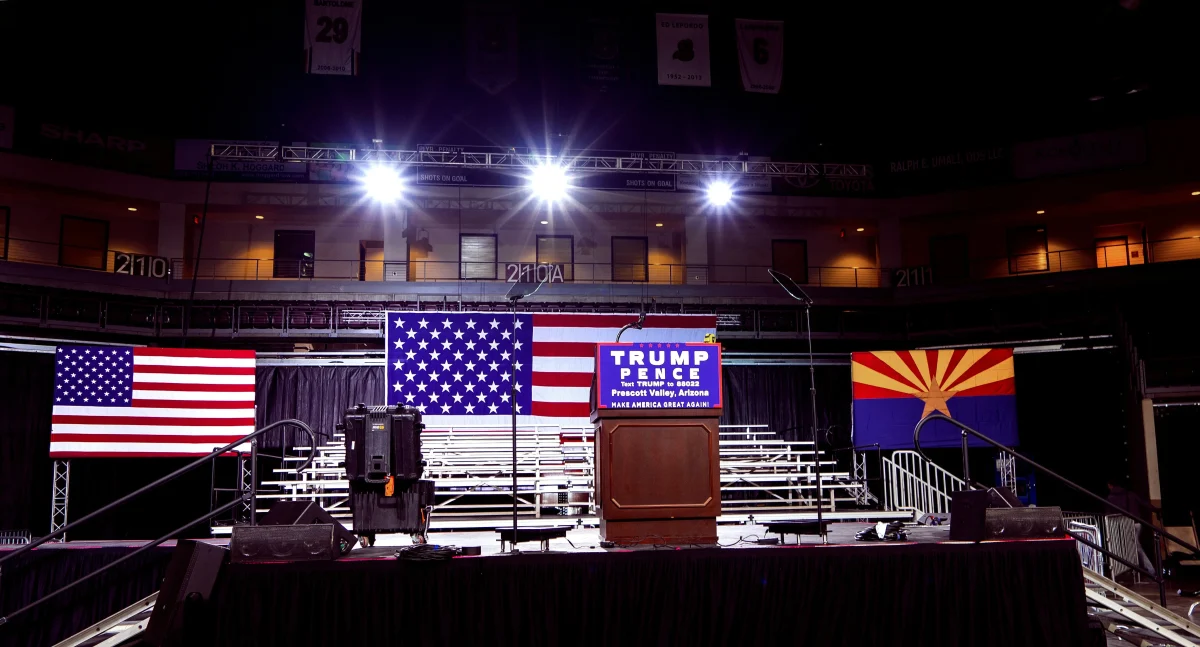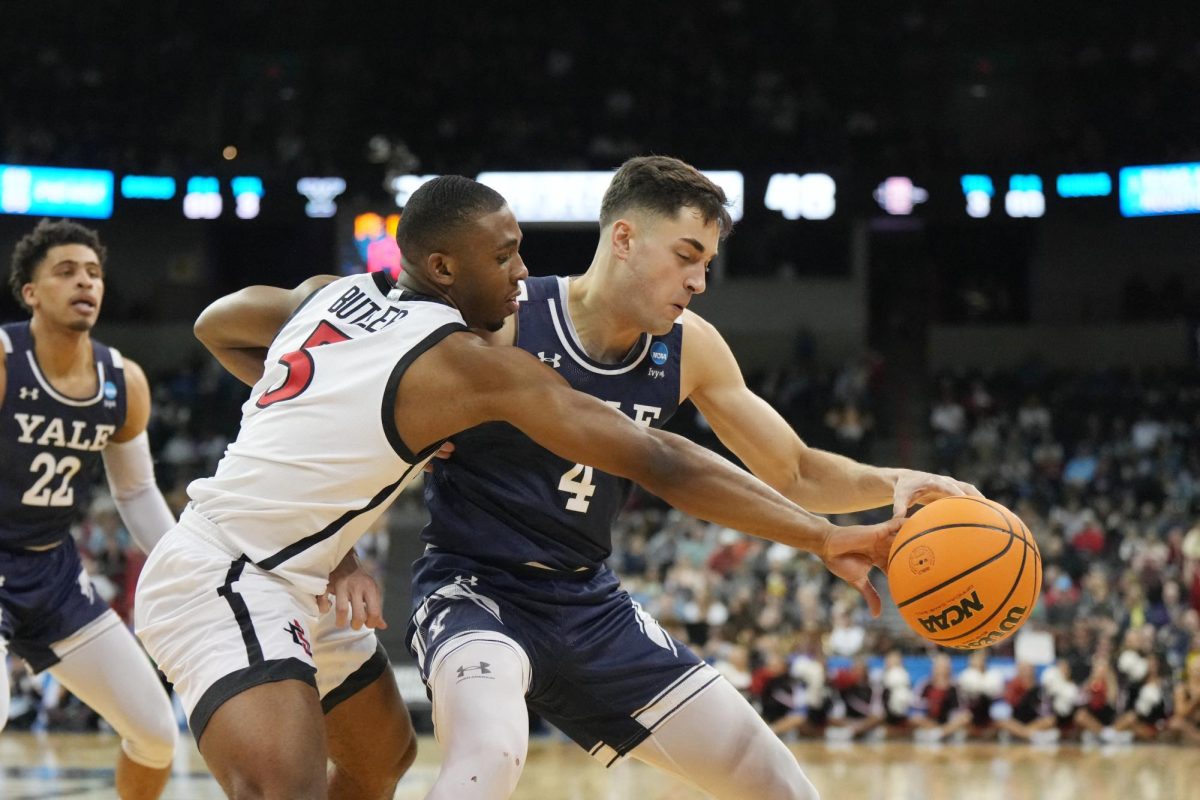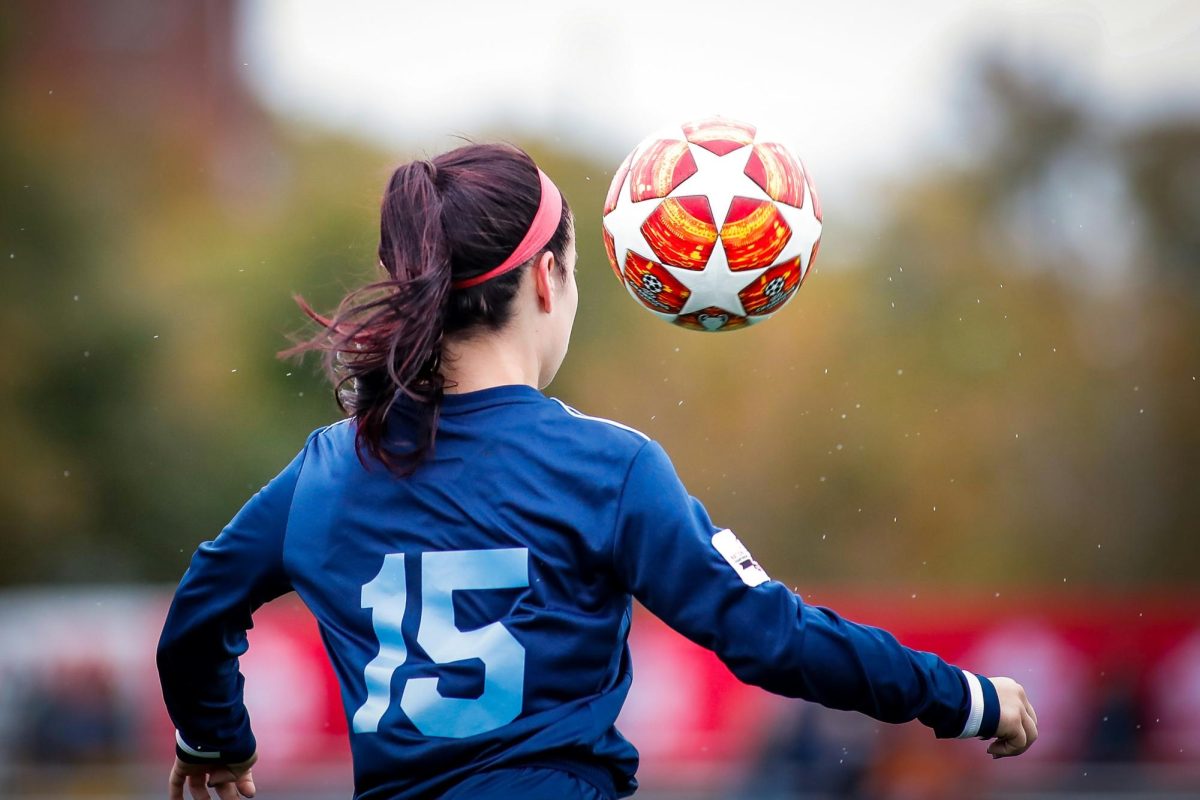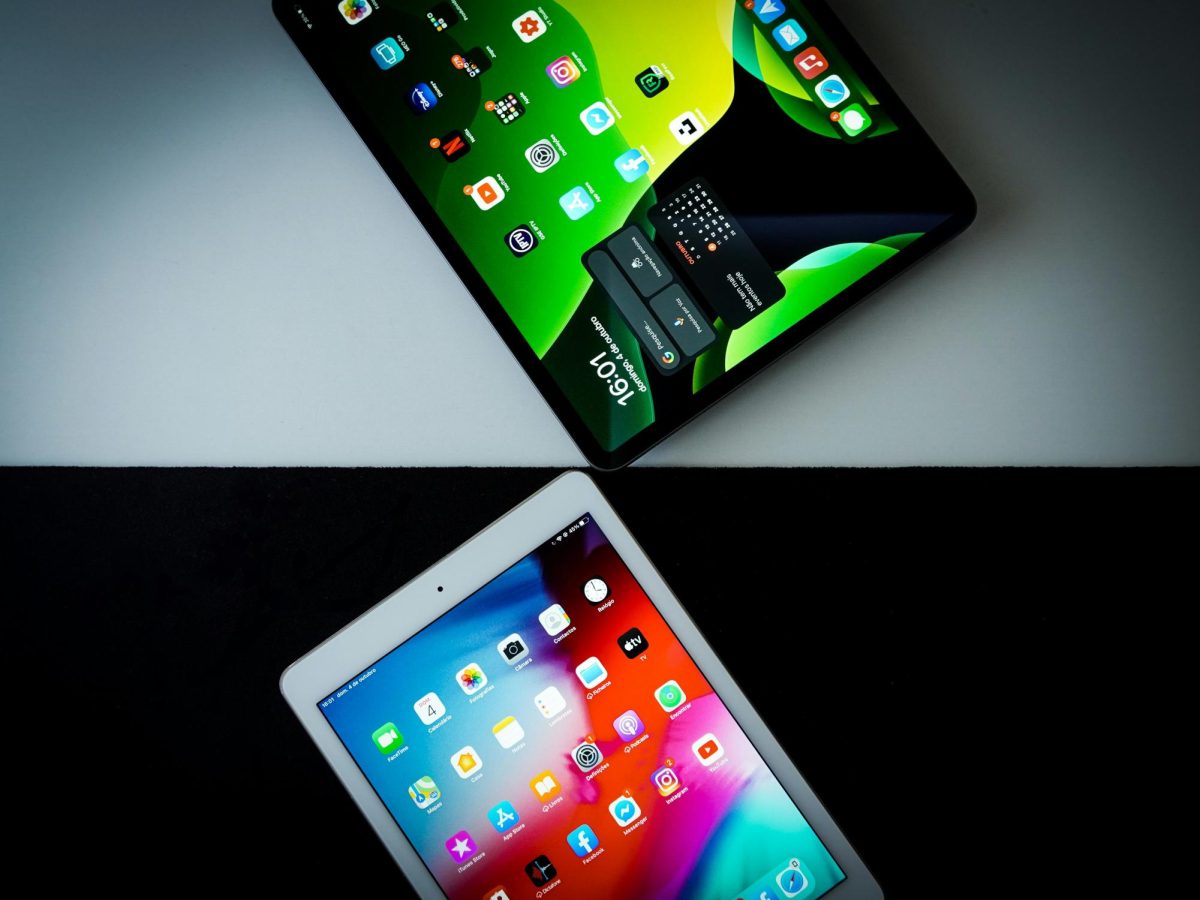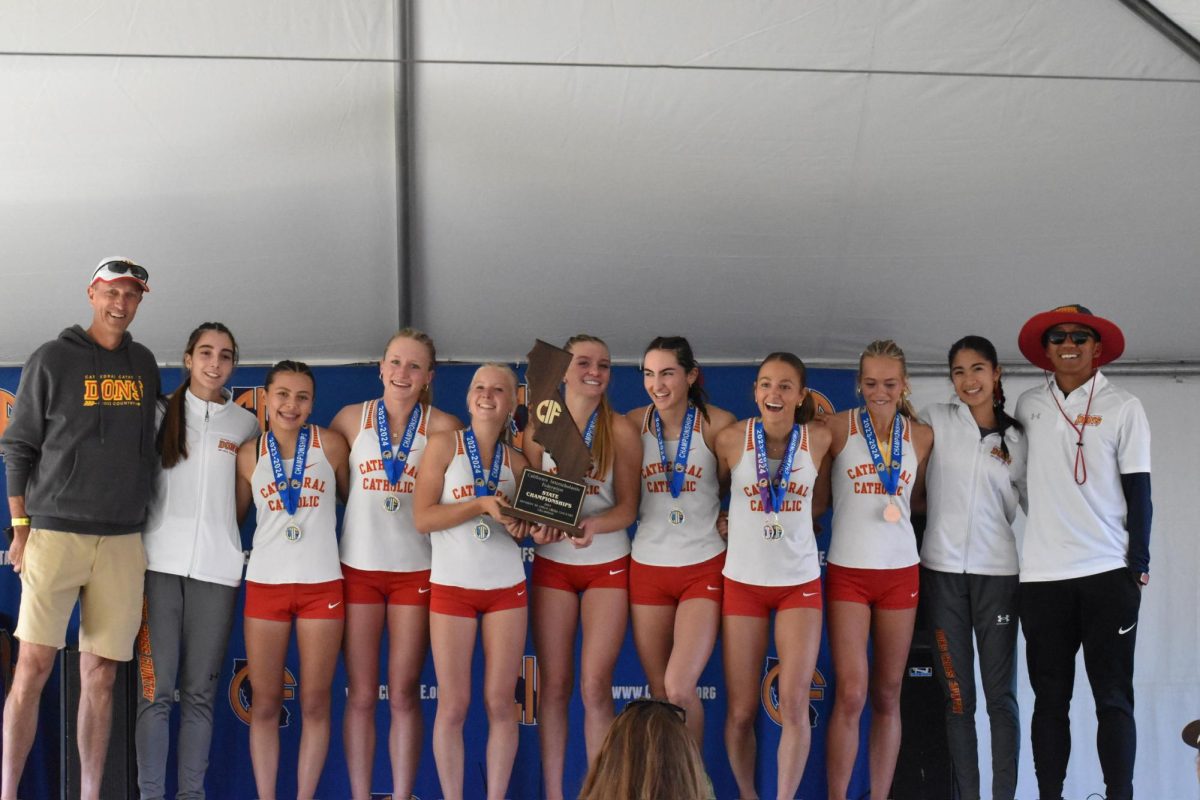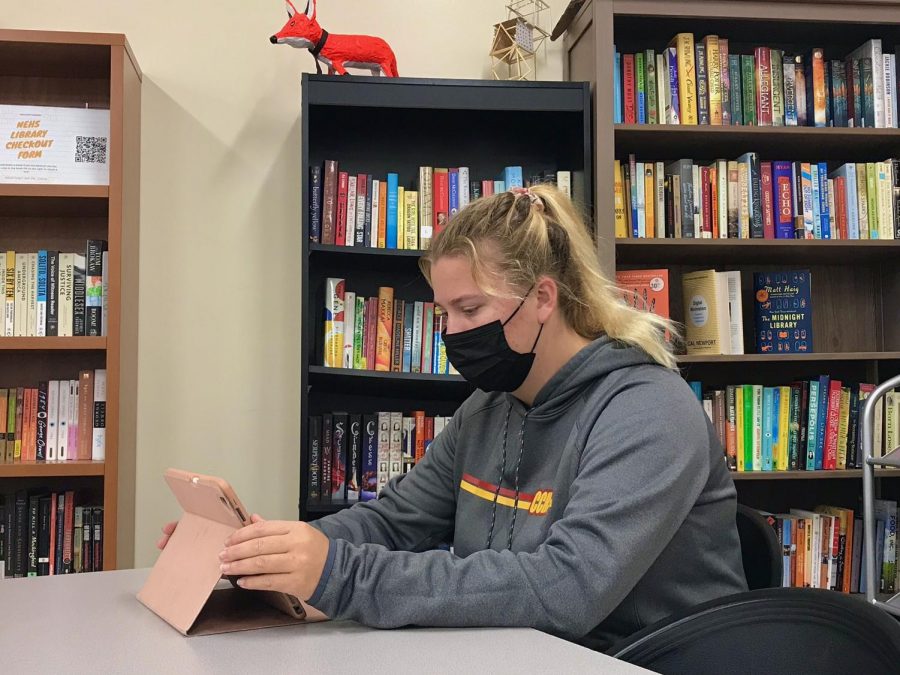A Library-less School
Students at CCHS have the ability to check out books from NEHS. However, the majority of students’ reading is focused on technology.
One of the first things that I noticed while I toured the campus of Cathedral Catholic High School last year, was the lack of a library. In 2017, the library was redesigned to become the academic center, filled with tables, chairs, and computers for the convenience of students. CCHS is proudly recognized as an Apple Distinguished School, with every student receiving an iPad upon their enrollment. However, research shows that screen times for students continue to increase, and online-based learning may only add to this.
Dr. Williams, teacher of AP English Language, AP Literature, and English 2 Honors, states, “The fact that we don’t have a library with access to books, whether for research purposes or even young adult books, books for independent reading, reading for pleasure, is problematic. And, there are a number of studies that cite that we learn differently when we read on a digital medium versus when we read on an actual page. I think this is impacting certain students more than others.”
Former librarian at Our Lady of Grace School, Ms. Egan, who now teaches English 1 and 2 at CCHS, believes that the time students should spend reading is heavily influenced by electronic devices, saying, “I’ve experienced that [lack of reading in students] everywhere I’ve taught. … With the constant access to a device, reading is not what students really want to fill their time with. They’d rather fill extra time playing a game or doing something else with their technology.”
Teacher Moderator of the National English Honors Society, Ms. DeSantis, also voices her concern of technology-based learning, and it’s influence over books in education. “I definitely think that the prominence of technology today, and in schools, has lessened the reading culture just in general. I do think that it does impact students’ access to reading and their desire to read at school.”
Libraries are also consistently referred to as places of research, with many sources of information that may be found in the books that line the shelves. Ms. DeSantis, adds, “It [libraries] encourage more intellectual curiosity, more of a desire to take the time to find information and to read. I think libraries are very important for research purposes. As a teacher, I’m worried that students are not getting the same research skills that they could have gotten if a library was present.”
In fact, the English department of CCHS have noticed a decrease in the quality of student analyses of written texts. This is proportional to the amount of students who read independently. This pattern may also be influenced by the rise of technology and student screen-times.
When Dr. Calkins, current president of CCHS, first arrived at Cathedral in 2015, there were many conversations about the purpose of the library. Dr. Calkins explains, “There was no actual catalog system. It had the trappings of an old-school library without the actual functionings of a library.” The majority of the books were not useful for student research, and as a result, books were not checked out. “We needed to transform this place, to convert it, to what was happening in a lot of places with a more modern approach to how that space is used.”
With the increase of devices used in CCHS, the decision to change the library to the academic center was formed. Students would be able to use online sources, and the academic center would be better utilized than a library.
The idea to create ‘mini-libraries’ in building lounges was suggested in order to incorporate student access to books at school. However, it was never carried out, and the books from the library were donated to economically disadvantaged communities or collected by the English department and other staff at Cathedral.
“We didn’t get into the conversation of: ‘Well, let’s try to re-invent the old library system and have a catalog system and have a traditional librarian.’ We felt like that would have been a step backwards to what we were doing, just in terms of education, we were moving away from that kind of model and trying to be more innovative.” Computers were later added to the academic center for student research, however were recently put away because of their ineffectiveness.
Dr. Calkins and the CCHS facility toured other campuses and saw that many libraries were transformed into more modern areas that encourage online research. The academic center is currently in preparation for redesigning efforts, and the idea of the addition of books is in consideration: “We want to create a more collaborative, 21st century center for students to really gather and work together… It’s such a big space, an underutilized space, [and] we want to make it more functional.”
Among the students at CCHS, 33% of students prefer an academic center, and 67% prefer a library, while 17% prefer online books and 83% prefer physical copies. Esteban Murillo, a junior, explains, “I prefer a library where I can go check out books and sometimes go inside and read a good book during my breaks. The academic center does not seem too inviting and I have hardly needed to use the computers for anything.” Other students have also noted that the environment of the academic center is “boring” and “chaotic.” The idea of having more access to information, as well as physical copies of books from a library was also appealing.
Senior Priya Densert, a senior at CCHS, says, “[The] academic center has more room for people to study and sit and promotes more studying rather than a place to get books. Since we have iPads, only a small percent of students will probably check out a book.” Other students have also mentioned that they have no use for books, because the main basis of their education is found on their iPads. However, some of these students also preferred physical copies of their curriculum books, and did not enjoy reading PDF copies; with access to a library, these students may be able to find convenience in tangible books and handwritten annotations.
CCHS’ removal of the library does not only affect students and staff, it also affects the incoming freshmen who are considering their enrollment. Kyla O’ Donnell, an eighth grade student who recently toured the school, explains, “The only con about Cathedral is the fact that there is no library.” Her opinion suggests that other considerations of CCHS may also be influenced by the absence of a school library.
From the variety of people who expressed their opinions on the matter of the academic center and the library, it seems certain that the majority believes that a library will prove beneficial for students and staff. The academic center provides less opportunities for students to have access to information, and only promotes online learning that may cause inconveniences for studying. The computers that used to be available to students in the academic center are no longer on the tables. However, a library is both a place for studying, as well as gaining resources for their assignments. It also establishes a better environment for students on campus, and encourages them to get off their screens.
Dr. Calkins, who is a fond reader of books, believes that there may be a future place on campus that will have books available to students. “I think that would be great…That’s something we’ll look into, say ‘Is there a space in our library where we can have a place for some books?’… Maybe we should have a space in our academic center for newspapers, or magazines, or journals, or some curated books. We’re not going to repopulate our entire space, but that doesn’t mean we can’t have any [books].”
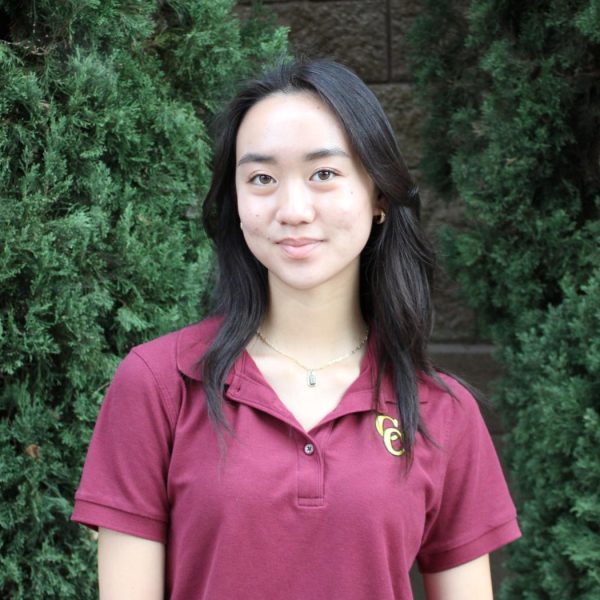
Native to San Diego, Hong-An Phan is a Co- Editor in Chief for Dons Press. After three consecutive years as part of the staff, Hong-An is looking forward...





